ls engines for sale
LS engines for sale, whether for a project car, a rebuild, or an upgrade, this guide covers everything you need to know. We will discuss the various types of LS engines, benefits, where to buy them, pricing, and provide helpful tips to ensure you make a smart purchase.
LS Engines for Sale: The Ultimate Guide to Buying the Perfect LS Engine
The LS engine series from General Motors is one of the most popular and versatile engine families in the automotive world. Known for their durability, performance, and affordability, LS engines have become the go-to choice for car enthusiasts, racers, and mechanics looking to upgrade or rebuild their vehicles.
If you’re searching for LS engines for sale, whether for a project car, a rebuild, or an upgrade, this guide covers everything you need to know. We will discuss the various types of LS engines, benefits, where to buy them, pricing, and provide helpful tips to ensure you make a smart purchase.
What is an LS Engine?
The LS engine series is a family of V8 engines produced by General Motors (GM) starting in the late 1990s. These engines replaced the older small-block Chevy engines and have been used in a wide range of vehicles including trucks, muscle cars, sports cars, and performance vehicles.
Key features of LS engines:
-
Aluminum or iron blocks for weight savings or durability
-
Coil-on-plug ignition systems
-
High-flow cylinder heads
-
Active fuel management in some models
-
Large aftermarket support
The LS engine family has become a favorite for engine swaps and performance builds because of its strong power output, relative affordability, and ease of modification.
Popular Types of LS Engines
There are many different LS engine variants, each designed for different applications and performance levels. Below are some of the most popular LS engines commonly found for sale:
1. LS1
-
Displacement: 5.7L
-
Years Produced: 1997-2004
-
Applications: Chevrolet Corvette, Camaro, Firebird, Pontiac GTO
-
Block: Aluminum
-
Horsepower: Around 350-400 HP stock
The LS1 was the first engine in the LS family and introduced many modern design features. It’s one of the most common engines swapped into older muscle cars.
2. LS2
-
Displacement: 6.0L
-
Years Produced: 2005-2007
-
Applications: Corvette, GTO, Trailblazer SS
-
Block: Aluminum
-
Horsepower: Approximately 390-400 HP
An evolution of the LS1, the LS2 provides more displacement and power, making it a favorite upgrade.
3. LS3
-
Displacement: 6.2L
-
Years Produced: 2008-2017
-
Applications: Corvette, Camaro SS, Pontiac G8 GXP
-
Block: Aluminum
-
Horsepower: Stock 430-436 HP
The LS3 offers excellent performance and is widely used in swaps and builds.
4. LS6
-
Displacement: 5.7L
-
Years Produced: 2001-2005
-
Applications: Corvette Z06, Cadillac CTS-V
-
Block: Aluminum
-
Horsepower: 385-405 HP
A high-performance variant of the LS1 with improved heads and camshaft.
5. LQ4 and LQ9
-
Displacement: 6.0L
-
Years Produced: Early 2000s
-
Applications: Silverado, Sierra, Escalade, Suburban (truck/SUV)
-
Block: Iron
-
Horsepower: 300-345 HP
These iron block engines are popular for truck swaps and builds requiring extra strength.
6. LS7
-
Displacement: 7.0L
-
Years Produced: 2006-2015
-
Applications: Corvette Z06, Camaro Z/28
-
Block: Aluminum
-
Horsepower: 505 HP
A top-of-the-line LS engine built for high performance, with a large displacement and racing pedigree.
Why Choose an LS Engine?
1. Power and Performance
LS engines provide excellent horsepower and torque for their size. Even stock, these engines produce strong performance, and the aftermarket support allows for extensive upgrades.
2. Versatility
LS engines fit in many vehicles with the right mounts and wiring. From classic muscle cars to trucks, you can swap in an LS engine to boost performance and reliability.
3. Durability
With robust internals and solid engineering, LS engines are known for their longevity and reliability. Iron block variants offer extra toughness for heavy-duty applications.
4. Affordability
Compared to other performance engines, LS engines offer great value. Used LS engines and crate engines are widely available at competitive prices.
5. Aftermarket Support
The huge community around LS engines means you have access to a wide range of parts, tuning options, and professional support.
Where to Buy LS Engines for Sale
When looking for LS engines, consider several options:
1. Used LS Engines
-
Where to find: Online marketplaces like eBay, Craigslist, Facebook Marketplace, and specialized forums.
-
Pros: Cheaper upfront cost.
-
Cons: Variable condition; may require rebuilding.
2. Rebuilt or Remanufactured LS Engines
-
These engines have been rebuilt to factory or upgraded specifications and offer better reliability than used cores.
-
Available from performance shops and engine rebuilders.
3. Crate LS Engines
-
Brand new engines sold fully assembled and ready to install.
-
Available from GM Performance Parts and aftermarket companies.
-
More expensive but come with warranty and guaranteed condition.
4. Performance Shops and Specialty Dealers
-
Shops that specialize in LS engine builds may offer custom engines tailored to your needs.
What to Look for When Buying an LS Engine
1. Engine Condition
-
Ask for compression test results.
-
Look for signs of leaks or damage.
-
Verify if the engine has been rebuilt or is stock.
2. Compatibility
-
Make sure the LS engine variant is compatible with your vehicle or intended use.
-
Confirm engine mounts, wiring harness, and ECU compatibility.
3. Mileage and History
-
Lower mileage engines generally have less wear.
-
Check if the engine comes from a vehicle with a known history (accident, maintenance).
4. Price and Warranty
-
Compare prices between used, rebuilt, and crate engines.
-
Check if a warranty or return policy is included.
Common Uses for LS Engines
-
Engine Swaps: Classic cars, off-road vehicles, hot rods.
-
Performance Upgrades: Muscle cars, track cars, drag racing.
-
Truck and SUV Upgrades: More power and towing capability.
-
Boat and Marine Engines: LS engines are sometimes adapted for marine use.
How Much Do LS Engines Cost?
Prices vary widely depending on the type, condition, and source:
-
Used LS1 or LS2 Engines: $2,500 – $4,000
-
Rebuilt LS Engines: $4,000 – $6,500
-
Crate LS Engines: $6,000 – $15,000+
-
High-performance LS Engines (e.g., LS7): $10,000+
Remember to factor in shipping, taxes, and installation costs.
Installing and Maintaining LS Engines
Installation Tips
-
Use proper engine mounts designed for LS swaps.
-
Upgrade your wiring harness and ECU for compatibility.
-
Consider fuel system upgrades.
-
Use a professional mechanic or engine builder if you’re not experienced.
Maintenance Tips
-
Regular oil changes with high-quality oil.
-
Keep cooling system in good shape.
-
Monitor for leaks and unusual noises.
-
Use performance parts carefully to avoid premature wear.
Pros and Cons of Buying LS Engines
| Pros | Cons |
|---|---|
| High power output | May require custom installation |
| Affordable compared to other V8s | Some models have active fuel management (complexity) |
| Widely available used and new | Wiring and electronics can be challenging |
| Large aftermarket support | Iron blocks are heavier |
| Durable and reliable | Some require tuning after install |
Top Brands and Vendors for LS Engines
-
General Motors Performance Parts — Official crate engines and parts.
-
GM Genuine Parts — OEM components.
-
JEGS and Summit Racing — Rebuilt and crate engines.
-
LSX Engine Builders — Custom performance LS engines.
-
Local Performance Shops — Customized and rebuilt LS engines.
LS Engine Swap Essentials
If you plan an LS swap, here are key components you might need:
-
LS engine mounts and adapter plates
-
Wiring harness and ECU
-
Transmission adapter or compatible transmission
-
Fuel system upgrades (fuel pump, injectors)
-
Exhaust headers compatible with LS block
-
Cooling system (radiator, fans)
-
Driveshaft modifications
-
Custom tuning or ECU reflashing
FAQs About LS Engines for Sale
Q1: What vehicles originally come with LS engines?
A: LS engines have been used in Chevrolet Corvette, Camaro, Pontiac GTO, Cadillac CTS-V, Chevrolet Silverado, GMC Sierra, and more.
Q2: Can I put an LS engine in my classic car?
A: Yes! LS swaps are very popular for classic cars due to the compact size, power, and aftermarket support. However, custom mounts and wiring will likely be needed.
Q3: Are LS engines reliable?
A: LS engines are known for their reliability and durability, especially if properly maintained. The iron block variants are especially tough.
Q4: What is the difference between LS1 and LS3?
A: LS1 is a 5.7L engine with roughly 350-400 HP, while LS3 is a 6.2L engine producing around 430-436 HP with updated heads and improved flow.
Q5: Where can I buy a crate LS engine?
A: Crate LS engines are available from GM Performance Parts, Summit Racing, JEGS, and many performance shops online.
Q6: Is it better to buy a used or rebuilt LS engine?
A: Used engines are cheaper but carry risk of wear and unknown history. Rebuilt engines offer better reliability but cost more. Crate engines offer the best assurance at a premium price.
Q7: How much horsepower can an LS engine make with modifications?
A: With bolt-ons and tuning, LS engines can easily reach 500+ HP. Fully built LS engines with forced induction can exceed 1,000 HP.
Q8: Can LS engines run on regular gasoline?
A: Yes, most LS engines run on regular unleaded gasoline, though high-performance or tuned setups might require premium fuel.
Q9: Do LS engines require special tools to install?
A: Installation often requires special tools for mounts, wiring, and ECU programming. It is recommended to consult a professional or have mechanical experience.
Q10: What is the difference between aluminum and iron block LS engines?
A: Aluminum blocks are lighter and used in performance cars. Iron blocks are heavier but more durable and common in trucks.
1. LS1
-
Displacement: 5.7 L (346 cubic inches)
-
Block Material: Aluminum
-
Heads: Aluminum, 2 valves per cylinder
-
Compression Ratio: 10.1:1
-
Horsepower: 345-350 HP (stock)
-
Torque: 350 lb-ft
-
Bore x Stroke: 3.898 in x 3.62 in
-
Fuel System: Sequential fuel injection
-
Ignition: Coil-on-plug
-
Production Years: 1997-2004
-
Applications: Chevrolet Corvette C5, Camaro SS, Pontiac Firebird, Pontiac GTO
2. LS6
-
Displacement: 5.7 L (346 ci)
-
Block Material: Aluminum
-
Heads: Improved aluminum heads with revised ports
-
Compression Ratio: 10.5:1
-
Horsepower: 385-405 HP
-
Torque: 385 lb-ft
-
Bore x Stroke: 3.898 in x 3.62 in
-
Fuel System: Sequential fuel injection
-
Ignition: Coil-on-plug
-
Production Years: 2001-2005
-
Applications: Corvette Z06 (C5), Cadillac CTS-V
3. LS2
-
Displacement: 6.0 L (364 ci)
-
Block Material: Aluminum
-
Heads: Aluminum
-
Compression Ratio: 10.9:1
-
Horsepower: 400 HP
-
Torque: 400 lb-ft
-
Bore x Stroke: 4.00 in x 3.62 in
-
Fuel System: Sequential fuel injection
-
Ignition: Coil-on-plug
-
Production Years: 2005-2007
-
Applications: Corvette C6, Pontiac GTO, Trailblazer SS, Camaro SS
4. LS3
-
Displacement: 6.2 L (376 ci)
-
Block Material: Aluminum
-
Heads: Aluminum, high-flow
-
Compression Ratio: 10.7:1
-
Horsepower: 430-436 HP
-
Torque: 424-428 lb-ft
-
Bore x Stroke: 4.065 in x 3.62 in
-
Fuel System: Sequential fuel injection
-
Ignition: Coil-on-plug
-
Production Years: 2008-2017
-
Applications: Corvette C6, Camaro SS, Pontiac G8 GXP
5. LS7
-
Displacement: 7.0 L (427 ci)
-
Block Material: Aluminum
-
Heads: CNC ported aluminum heads
-
Compression Ratio: 11.0:1
-
Horsepower: 505 HP
-
Torque: 470 lb-ft
-
Bore x Stroke: 4.125 in x 4.00 in
-
Fuel System: Sequential fuel injection
-
Ignition: Coil-on-plug
-
Production Years: 2006-2015
-
Applications: Corvette Z06 (C6), Camaro Z/28
6. LQ4 (Truck Variant)
-
Displacement: 6.0 L (364 ci)
-
Block Material: Cast iron
-
Heads: Iron block with aluminum heads
-
Compression Ratio: 9.4:1
-
Horsepower: 300 HP
-
Torque: 360 lb-ft
-
Bore x Stroke: 4.00 in x 3.62 in
-
Fuel System: Sequential fuel injection
-
Ignition: Distributorless coil-on-plug
-
Production Years: Early 2000s
-
Applications: Silverado, Sierra, Escalade, Suburban, Tahoe
7. LQ9 (Truck Variant, Higher Output)
-
Displacement: 6.0 L (364 ci)
-
Block Material: Cast iron
-
Heads: Aluminum heads
-
Compression Ratio: 10.1:1
-
Horsepower: 345 HP
-
Torque: 380 lb-ft
-
Bore x Stroke: 4.00 in x 3.62 in
-
Fuel System: Sequential fuel injection
-
Ignition: Coil-on-plug
-
Production Years: Early 2000s
-
Applications: Silverado SS, Escalade, Avalanche
Summary Table of Key LS Engine Specs
| Engine | Displacement (L/ci) | Block Material | Horsepower (HP) | Torque (lb-ft) | Compression Ratio | Bore (in) | Stroke (in) | Production Years |
|---|---|---|---|---|---|---|---|---|
| LS1 | 5.7 / 346 | Aluminum | 345-350 | 350 | 10.1:1 | 3.898 | 3.62 | 1997-2004 |
| LS6 | 5.7 / 346 | Aluminum | 385-405 | 385 | 10.5:1 | 3.898 | 3.62 | 2001-2005 |
| LS2 | 6.0 / 364 | Aluminum | 400 | 400 | 10.9:1 | 4.00 | 3.62 | 2005-2007 |
| LS3 | 6.2 / 376 | Aluminum | 430-436 | 424-428 | 10.7:1 | 4.065 | 3.62 | 2008-2017 |
| LS7 | 7.0 / 427 | Aluminum | 505 | 470 | 11.0:1 | 4.125 | 4.00 | 2006-2015 |
| LQ4 | 6.0 / 364 | Cast Iron | 300 | 360 | 9.4:1 | 4.00 | 3.62 | Early 2000s |
| LQ9 | 6.0 / 364 | Cast Iron | 345 | 380 | 10.1:1 | 4.00 | 3.62 | Early 2000s |

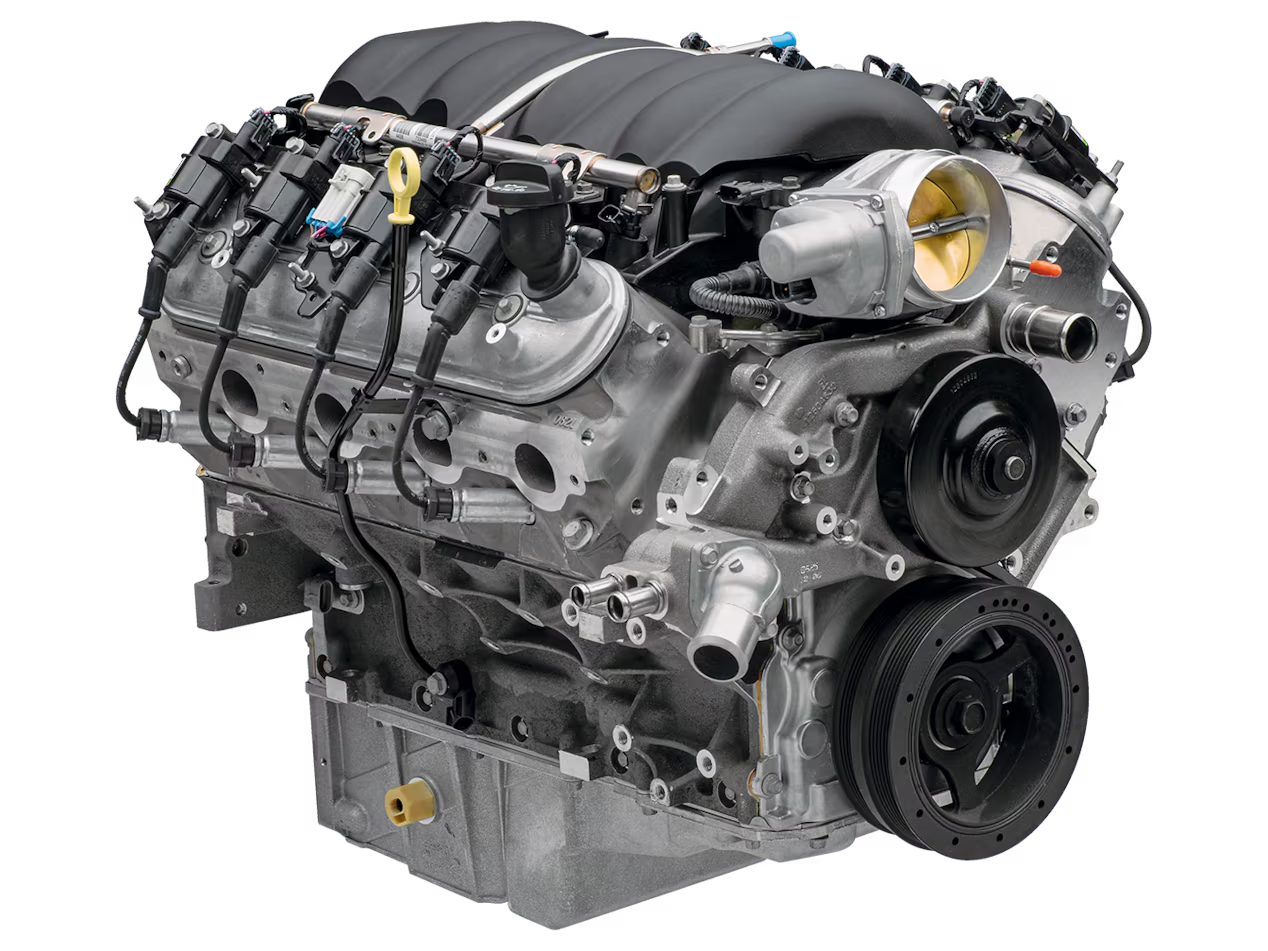
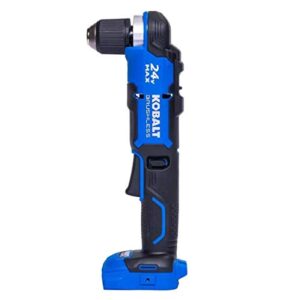
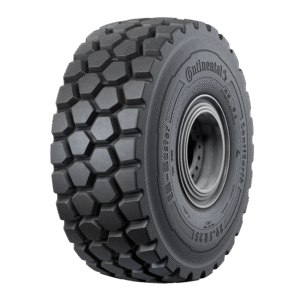
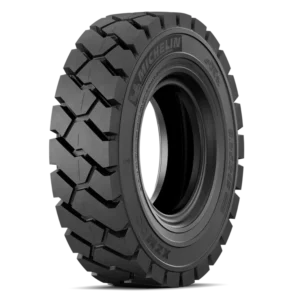
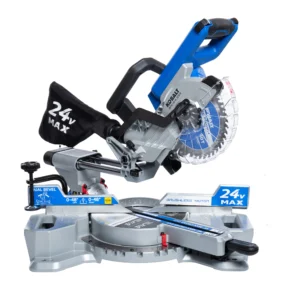
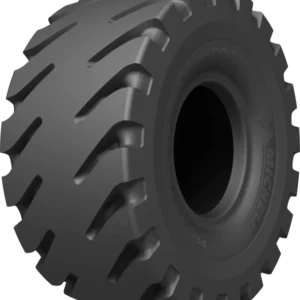

There are no reviews yet.